Despite a significant reduction in traffic and public movement, Dhaka`s air quality remains in the `unhealthy` category. On Sunday noon, the city recorded an Air Quality Index (AQI) score of 154, placing it fifth among cities with the worst air quality.
Nepal`s Kathmandu, Thailand`s Chiang Mai, and Kuwait`s Kuwait City occupied the top three spots on the list, with AQI scores of 200, 189, and 160, respectively.
The AQI measures daily air quality based on five pollutants: particulate matter (PM10 and PM2.5), nitrogen dioxide (NO2), carbon monoxide (CO), sulfur dioxide (SO2), and ozone. An AQI value between 151 and 200 is classified as `unhealthy,` indicating that everyone may begin to experience health effects, with sensitive groups potentially facing more serious issues.
Dhaka has long struggled with air pollution, particularly during winter months when air quality tends to worsen. Despite the recent decrease in vehicular movement and industrial activities, the persistence of poor air quality suggests that other factors, such as construction dust and local pollution sources, continue to impact the city`s air.
According to the World Health Organization (WHO), air pollution is a significant global health risk, contributing to an estimated seven million deaths annually due to conditions like stroke, heart disease, chronic obstructive pulmonary disease, lung cancer, and acute respiratory infections.
Residents are advised to limit outdoor activities, use protective measures such as masks, and stay informed about air quality updates to mitigate health risks associated with prolonged exposure to polluted air.


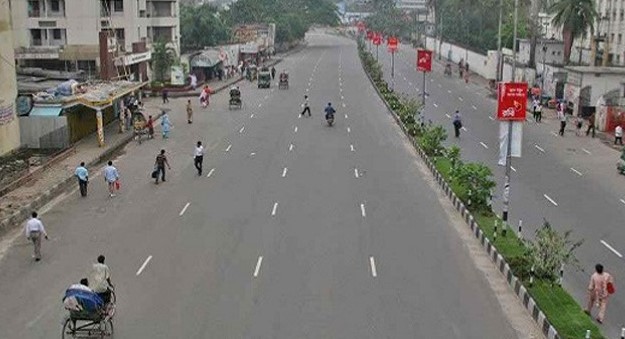

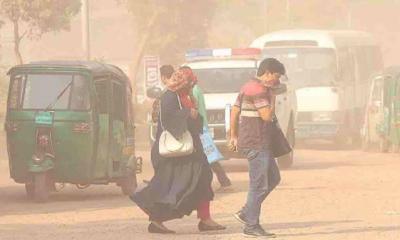
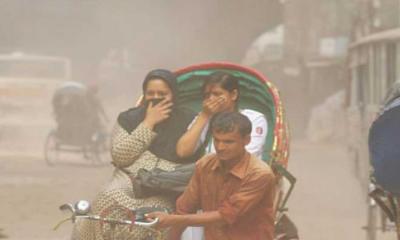
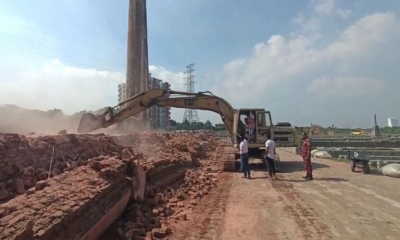
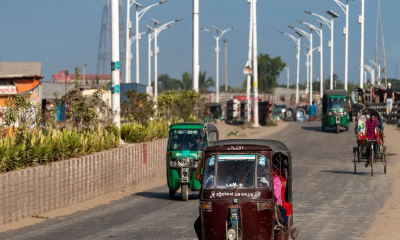
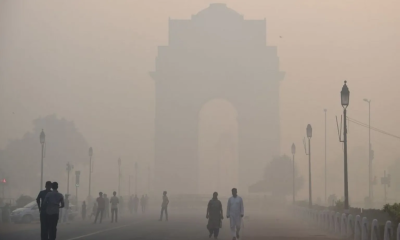
-20251226051932.jpeg)
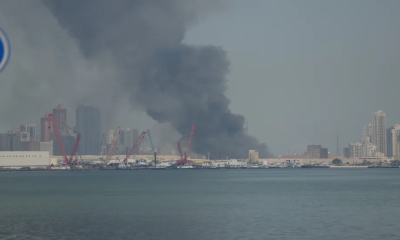





-20260302065048.webp)
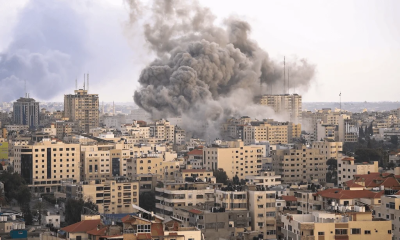














-20260224075258.webp)



-20260225072312.webp)
